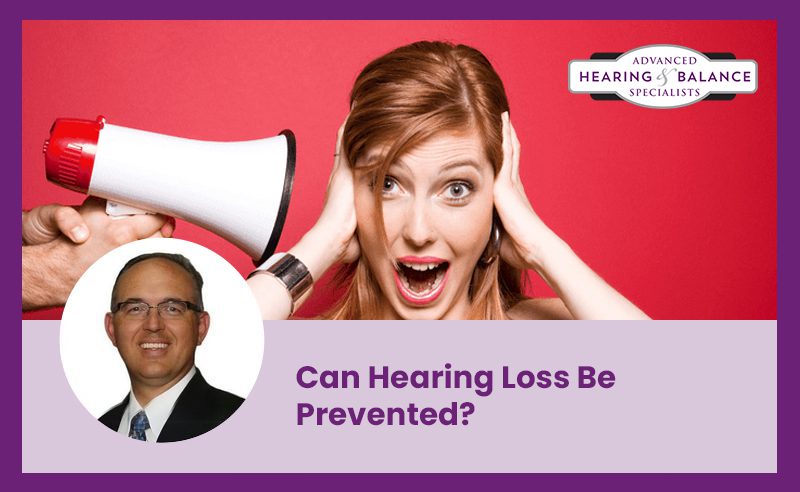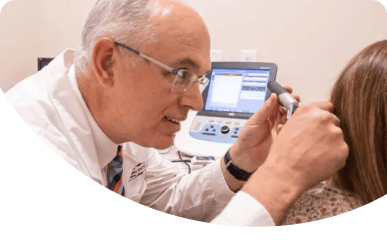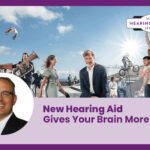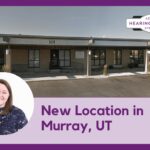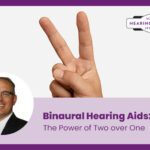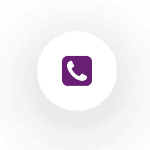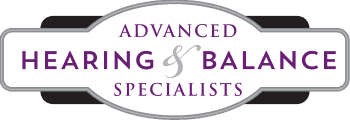For the majority of people with hearing loss in Southern Utah and Nevada, the condition is permanent. Nine out of 10 patients experience sensorineural hearing loss, which occurs as a result of irreversible damage to the inner ear. While hearing aids help, they are not a cure; once you are wearing them, you’d better get used to the idea, because they’ll be a regular part of your life.
Nobody ever makes a wish to wear hearing aids when blowing out the candles on their birthday cake. Can hearing loss actually be prevented? Not always, but in many cases, the answer is a resounding yes.
Noise-Induced Hearing Loss
Many people think of hearing loss as an inevitable condition of aging, but in reality, less than half of all hearing loss cases are a result of aging. The most common cause of hearing loss in Southern Utah and Nevada, and the rest of the country, is noise. The official term for this condition is noise-induced hearing loss (NIHL).
NIHL is caused by prolonged exposure to any sound exceeding 85 decibels. The louder the sound, the less time it takes for hearing damage to occur. City traffic averages about 85 dB, giving you around eight hours of safe exposure time. Bumper-to-bumper freeways are an annoyance, but luckily eight-hour traffic jams are not the norm around here.
However, if you attend a rock concert – where noise levels can easily reach 140 decibels – you are at risk of incurring immediate damage to your hearing. No guitar solo, no matter how impressive, is worth a permanent hearing loss!
Protecting Against Hearing Loss
The good news? NIHL is almost entirely preventable. The key is to wear hearing protection any time you are exposed to noisy activities, whether recreational or job-related. Common culprits include:
- Sporting events
- Concerts
- Fireworks displays
- Power tools
- Firearms
- Machinery
- Motorcycles, snowmobiles, and boats
- Lawn mowers
- Headphones or earbuds
Musicians, construction workers, hunters, and military personnel are especially at risk. In order to prevent hearing loss and protect your ears, wear earplugs. Custom plugs crafted from molds of your ear canals offer the best fit and protection; additionally, there are earplugs made especially for many in the riskiest professions; if you’re a musician or hunter, your local Nevada or Utah audiologist can recommend custom plugs designed specifically for you.
If you’re listening to music through headphones or earbuds, keep the volume low. A good rule of thumb is, if other people can hear your music even when you’re wearing these, then you’re listening too loudly.
When swimming, wear swim plugs to prevent water from entering the ear canals. This can lead to swimmer’s ear or surfer’s ear, painful infections that may cause hearing loss if left untreated. And always refrain from inserting objects into your ears. This includes cotton swabs, safety pins, and fingers.
Last but not least, make hearing evaluations a regular part of your routine medical care. Hearing loss usually develops gradually, and many don’t even realize they are experiencing a problem until much later.

